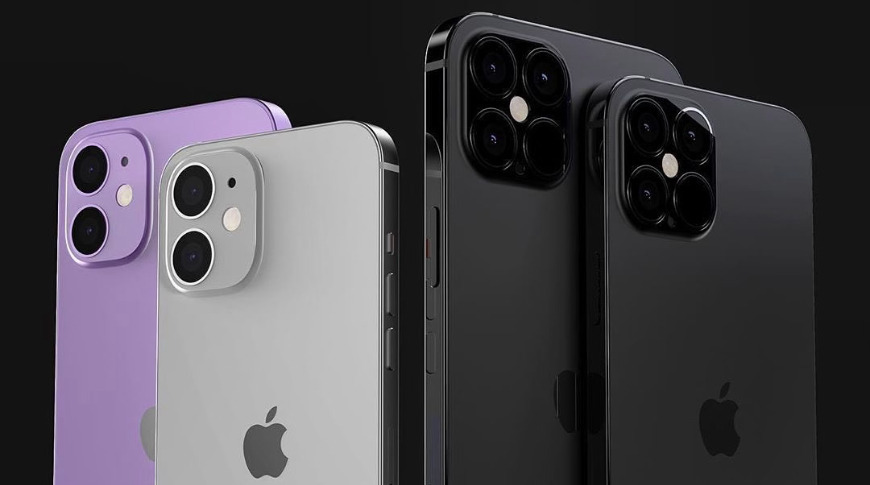Shipments of Apple iPhone models with 5G mmWave tech are expected to come up far short of current market consensus estimates for 2020 and 2021, according to TF Securities analyst Ming-Chi Kuo.
In a report to investors on Tuesday, Kuo said he expects Apple to ship between 4 million and 6 million iPhone units with 5G mmWave technology in 2020, with that number increasing to 25 million to 35 million units in 2021. The figures compare to market estimates that currently stand at a respective 10 million to 20 million and 40 million to 50 million units shipped.
"We believe that due to the impact of COVID-19, the [number of] global 5G millimeter wave base station[s] [will be] lower than expected," Kuo writes.
The analyst does not clarify which upcoming iPhone models will receive mmWave tech, a higher-bandwidth, faster flavor of 5G that operates in spectrum well above 6GHz. 5G networks rolling out in the U.S. and elsewhere also include the more robust, but slower, sub-6GHz bands.
Apple and other smartphone makers are expected to produce handsets that operate across the board, though it is unclear how the tech will be meted out to iPhone. Current rumors suggest all "iPhone 12" models will support some form of 5G, likely the more prevalent sub-6GHz range. It is possible that mmWave will debut in high-end flagship variants in 2020, to be followed by trickle-down adoption in 2021. Kuo does not offer additional details on Apple's plans in today's note.
The predicted low output on mmWave handset components will put a strain on Apple suppliers, including Luxshare and its subsidiary Yuan, the analyst said.
Apple is widely anticipated to debut a next-generation "iPhone 12" lineup this fall with all-OLED screen options, a new iPhone 4-styled chassis, dual- and triple-camera arrays, and a LiDAR Scanner on the top-end "iPhone 12 Pro Max" model.
 Mikey Campbell
Mikey Campbell




-xl-m.jpg)



 Wesley Hilliard
Wesley Hilliard
 Christine McKee
Christine McKee
 Amber Neely
Amber Neely
 William Gallagher
William Gallagher
 Malcolm Owen
Malcolm Owen

 Mike Wuerthele
Mike Wuerthele








4 Comments
Coincidentally, the availability of mm wave 5G service is far short of industry promises so the the actual impact of this report is unknown.
Unless you can buy mmWave picoStations to install inside your business or you have high bandwidth needs outside why stress about only sub 6 5G?
I personally think Sub6 is going to be the driving force for 5G in the US. mmWave deployment is pretty crappy right now. Both due to Covid-19 and the carriers' typical half-ass execution. Line of sight, penetration, and distance issues are going to keep mmWave a novelty on phones imo. Sub6 is where I think the bulk of the use will be on phones. I think TMob realized that early on, and bet big on getting as much of that spectrum as they could. Verizon seems to be a bit panicky about it. Panicky enough to try to prevent TMob from accessing more of the spectrum. Source: Fierce Wireless
98% of people don't actually give a shit about 5G, besides forum warriors. Its a bullet point. 4G LTE is fast enough for 99% of uses.